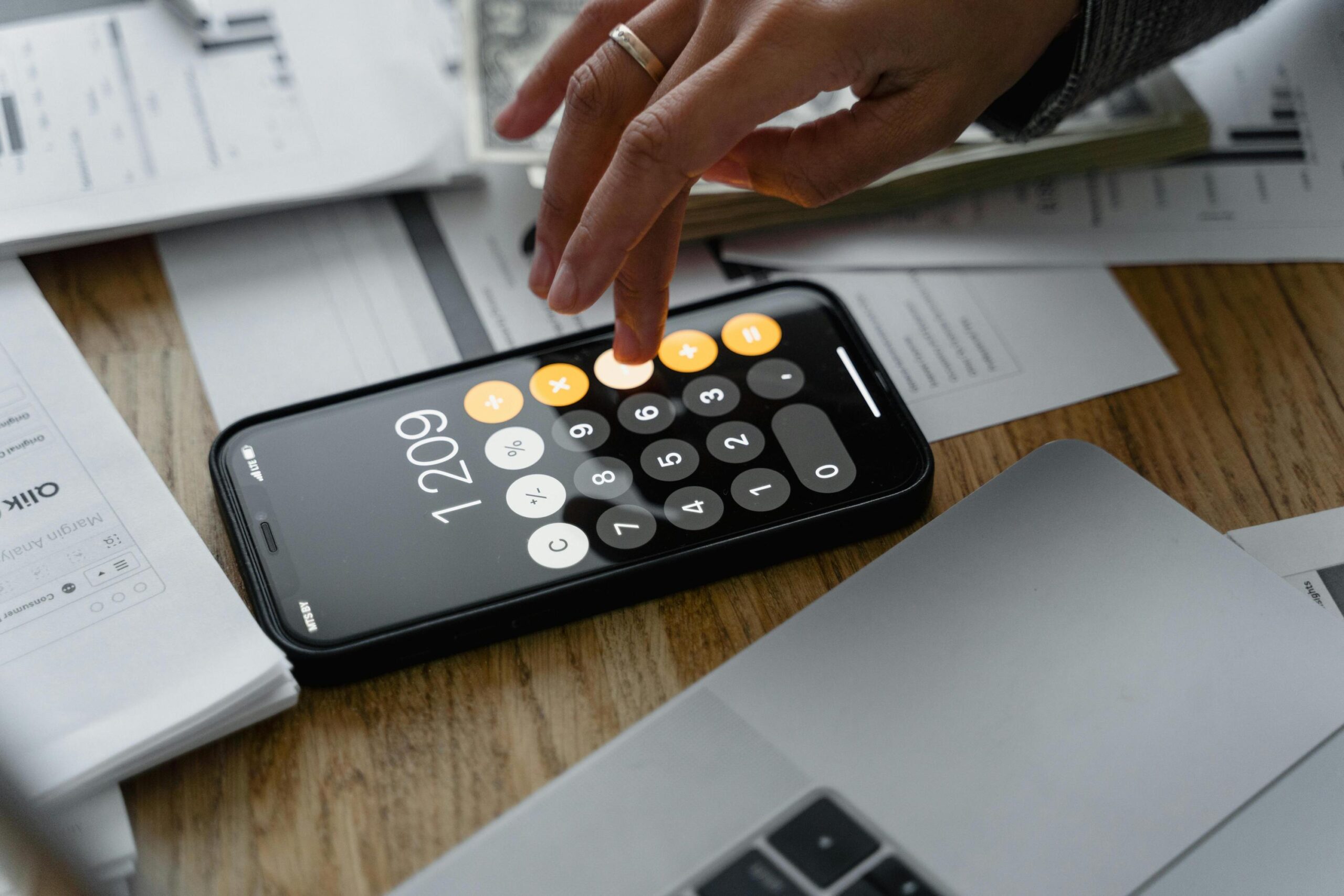Bankruptcy is often seen as a cure-all for financial issues. It is a great tool for wiping out debt, but it’s something that should be taken seriously.
Many people use bankruptcy to erase credit card debt after exhausting other options, such as debt consolidation and credit counseling. However, there is no minimum amount of debt you need nor is there a requirement to file for bankruptcy. The decision is totally yours.
Chapter 7 bankruptcy is best for wiping out unsecured debt, such as credit card debt. This option gives you a clean slate, discharging the debt in a matter of months. You could use Chapter 13 bankruptcy for credit card debt as well, but Chapter 13 is better if you also have assets you want to keep, such as a car or home.
Some people do not qualify for Chapter 7 bankruptcy. It is based on income, so you will have to pass a means test to see if you are eligible. If you earn too much money, your only option is to file for Chapter 13 bankruptcy, but your debt won’t be wiped out. You will have to go on a repayment plan.
No matter which option you choose, know that there can be some downsides to bankruptcy. The biggest one is that bankruptcy stays on your credit report for up to 10 years. This can cause your score to drop significantly (sometimes by 200 or more points). In addition, it will be harder to get approved for credit cards and loans during this time. If you do get approved, the terms won’t be favorable.
Exceptions to Wiping Out Credit Card Debt
For the most part, Chapter 7 bankruptcy should wipe out all your credit card debt. However, there are some exceptions. One is an adversary proceeding. A creditor or the bankruptcy trustee might bring an adversary proceeding to challenge a particular debt. They may allege that you incurred it through fraud. An example of this would be if you intentionally run up your credit cards just before filing for bankruptcy.
Luxury goods are another exception. If you use your credit cards to charge $675 or more for luxury goods within 90 days of filing for Chapter 7 bankruptcy, the court may find that the credit card debt is nondischargeable. That’s because luxury goods and services, such as jewelry and art, are considered non-exempt property. These items can be sold to bankruptcy trustees to pay your creditors.
Another exception would be if you used your credit card to pay for non-dischargeable debts. An example would be if you used your credit card to pay taxes, child support, alimony, or student loans. The credit card company may object to discharging your credit card debt.
Contact Us Today
Bankruptcy is good for dealing with various debts. However, there are disadvantages to consider as well, so make sure it is the right choice for you. The Law Offices of Adam M. Freiman has a track record of successfully handling Chapter 7 cases. We can help you file for bankruptcy with ease. To schedule a consultation, call (410) 486-3500 or fill out the online form.





